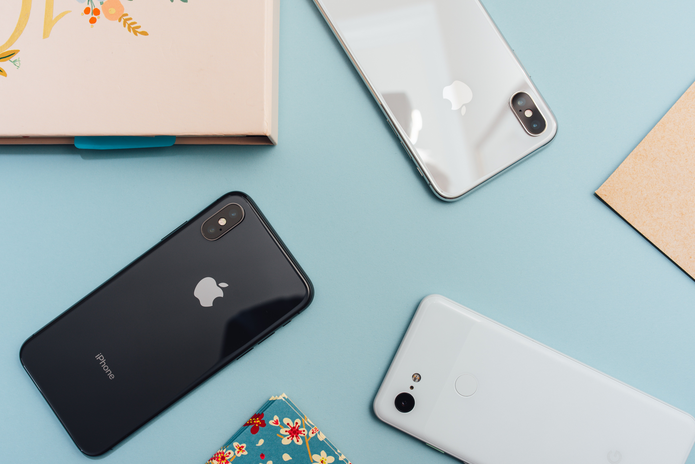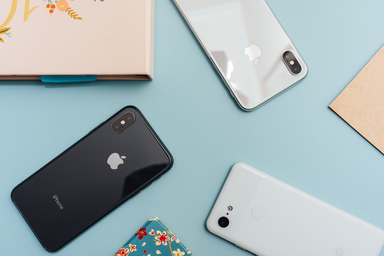Pinterest – it’s the latest social media craze and a very successful procrastination tool. On Pinterest, we can spend hours scrolling through hundreds of pictures ranging from decadent chocolate cakes to future nuptial ideas. While this website gives anyone the opportunity to find ideas for their dream home or search for their fantasy destination spots, there seems to be an increasing presence of a new phenomenon, “thinspiration.”
When Pinterest first launched, it had several categories in which one could find “pins” relevant to their interests. With the emergence of fitness pins, women quickly started to make “thinspo” pinboards, which reflected photos, mottos, or brief ideas that encouraged losing extreme amounts of weight. This idea of thinspiration became widespread. Phrases like “nothing tastes as good as skinny feels” and “sweat is just fat crying” became commonplace. In a country where an estimated 7 million American women have an eating disorder, this new Pinterest fad has only added fuel to the fire. Feelings of inadequacy run rampant among young women in this country; Pinterest offered yet another outlet through which women are bombarded images of the ideal body.
In March of this year, Pinterest decided to ban “thinspiration” or “thinspo” boards from their site, as well as any boards that explicitly encouraged self-harm or self-abuse. This policy went into effect on April 6th. However, their new policy was vague. In August, Pinterest decided to take a stronger stand against the widespread negativity about body image. Now searches that include terms like “thinspiration” or “thinspo” are redirected to a message that says “Eating disorders are not lifestyle choices, they are mental disorders that if left untreated can cause serious health problems or could even be life-threatening”. Below this page there are also toll-free numbers listed for the National Eating Disorder Association help line. In a world where body image and beauty ideals have caused serious illnesses, it is commendable that Pinterest has found an effective way to ban images that encourage self-harm.
Pinterest is an revolutionary social media website, and now that the site has focused on ways to prevent negative body images from appearing, users can now focus on the myriad postive images and ideas on the site. Pinterest took a stand against a serious problem in this country, but that may not stop some women from developing serious eating disorders. If you know of anyone that you suspect may have an eating disorder, reach out to her/him and alert them to resources available to get help. Today, eating disorders are becoming all too common, with nearly half of all Americans personally knowing someone with an eating disorder. Pinterest was successful in decreasing the search for thinspiration, but that’s only a small gain in the ongoing war against eating disorders.

